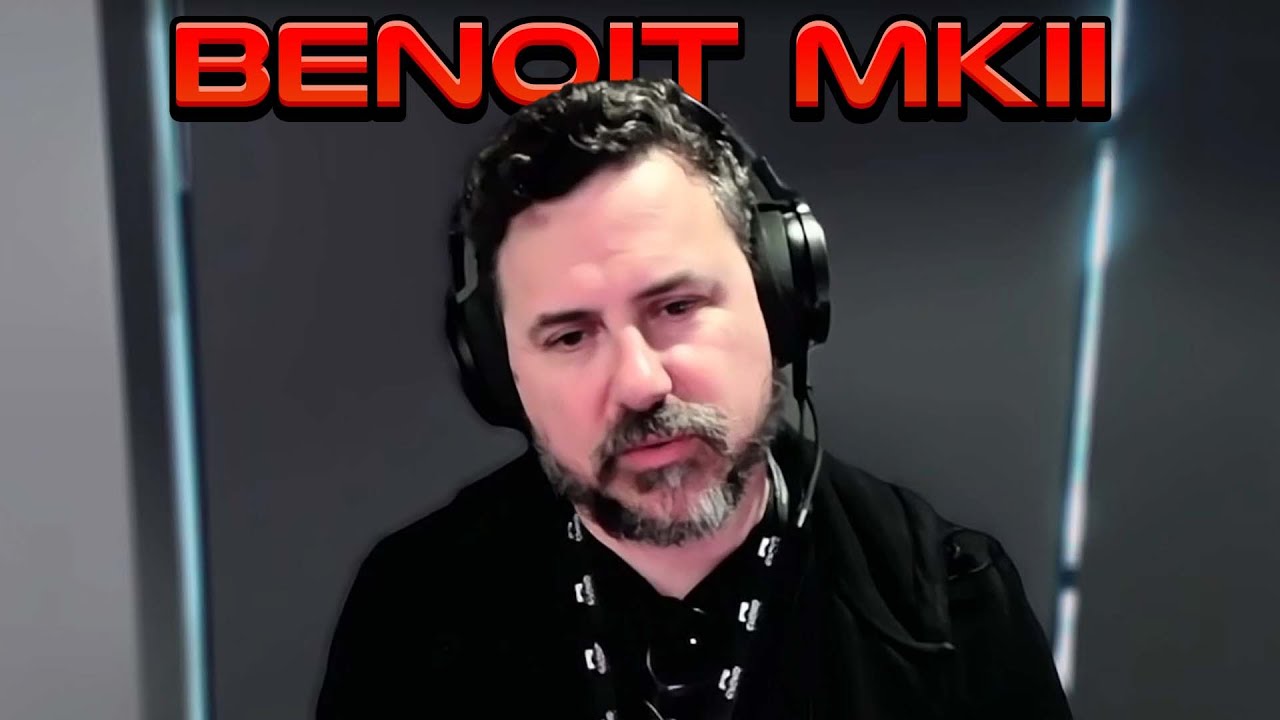In the Star Citizen Live interview, CTO Benoit Beausejour and host Jared Huckabee discuss the shift in development focus towards stabilizing existing systems and improving server performance as part of the “year of playability” initiative, highlighting technical advancements like static server meshing and efforts to resolve persistent bugs in freight elevators, transit systems, and NPC management. They also address challenges with the long-term persistence system for player-owned items, organizational updates, and upcoming events, expressing cautious optimism about the game’s progress while acknowledging significant work remains before the 2026 Squadron 42 release.
In this extensive interview on Star Citizen Live, CTO Benoit Beausejour (Benwa) and host Jared Huckabee discuss the state of Star Citizen’s development, focusing heavily on the “year of playability” initiative that began in late 2024. They explain that the development focus shifted from rapid feature rollout to stabilizing and hardening existing systems, especially with Squadron 42’s impending 2026 release. Significant improvements have been made in server performance, stability, and session lengths, with server FPS increasing dramatically and player session times multiplying tenfold compared to a year ago. These gains are attributed to organizational changes such as “hero squads” dedicated to specific systems, embedded QA testers with green-light authority, and hygiene initiatives aimed at cleaning up errors and warnings in the codebase.
The discussion delves into technical aspects like the introduction and ongoing refinement of static server meshing, which distributes the game universe across multiple servers to improve scalability and performance. Benwa explains that dynamic server meshing, which will allow more granular and flexible server authority over game areas, is still in development and won’t be ready this year. The interview highlights the complexity of these systems and how they differ from traditional grid-based server setups, emphasizing the unique 3D space partitioning and centralized hybrid networking approach that enables seamless transitions and large player counts.
Several “big ticket” problem areas are tackled, including freight elevators, transit systems, entity cleanup, and NPC spawn management. Freight elevators have been a notorious source of bugs due to obstruction detection issues, streaming order problems, and UI desynchronization, prompting the formation of dedicated hero squads and self-healing systems to mitigate persistent faults. Transit systems, responsible for elevators and trains (not freight elevators), are undergoing a complete rewrite called the “transport system” to address longstanding reliability problems and better support instancing. NPC spawn management remains a challenge, with overspawning issues caused by mission module bugs and outdated population control systems, though a new population manager is in development.
A major focus is placed on the long-term persistence (LTP) system, which manages player-owned items and ships across patches. The current LTP implementation is fragile and complex, often leading to players losing ships or items due to bugs in how items are stowed, claimed, or reconciled between databases. Benwa and Jared clarify how entitlements (items purchased or awarded outside the game) differ from in-game persistent items and outline ongoing efforts to overhaul the persistence system. This includes moving towards creating entitlement-like records for earned in-game ships to ensure better cross-patch stability and reduce loss incidents. They acknowledge that the system is a product of its time and requires a fundamental redesign to handle the evolving game complexity.
Towards the end, the conversation touches on organizational updates such as the integration of Turbulent into Cloud Imperium Games Montreal and the upcoming CitizenCon and CitizenCon Direct events. They confirm no Squadron 42 presence at CitizenCon Direct this year to allow that team to focus on development for the 2026 release target. The hosts reflect candidly on the progress and challenges, acknowledging the significant technical achievements but also expressing frustration over unresolved gameplay issues like quantum travel and inventory management. The interview closes with a sense of cautious optimism tempered by realism about the scale of work remaining to fully realize the game’s ambitious vision.
